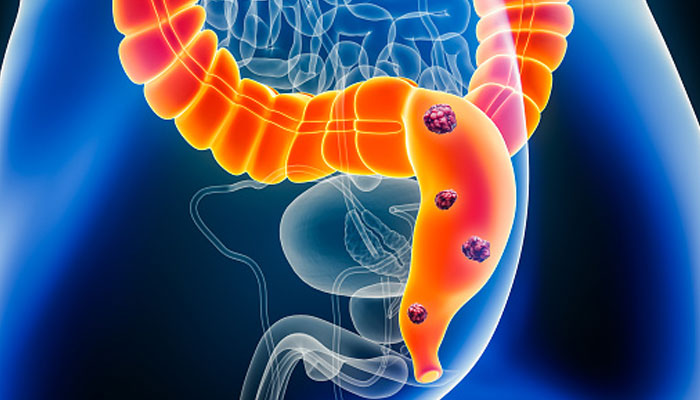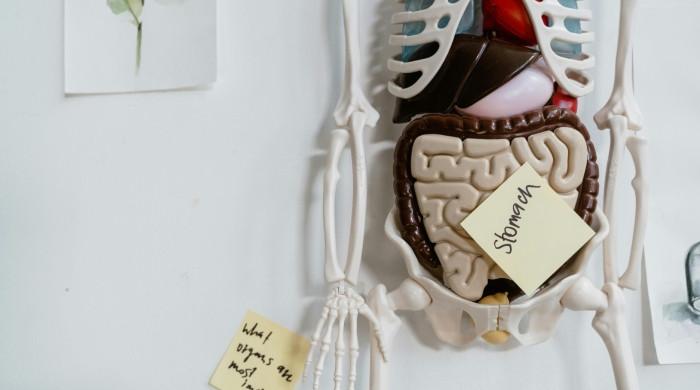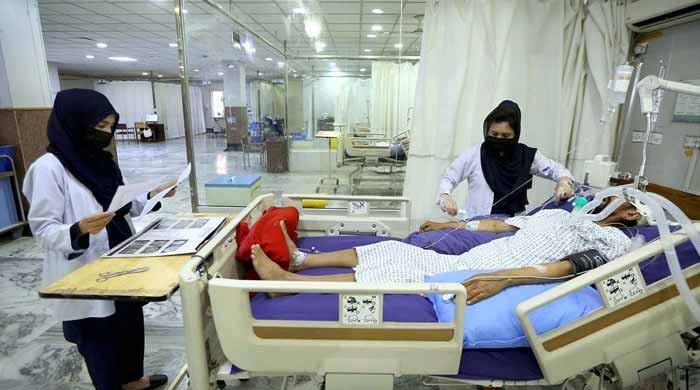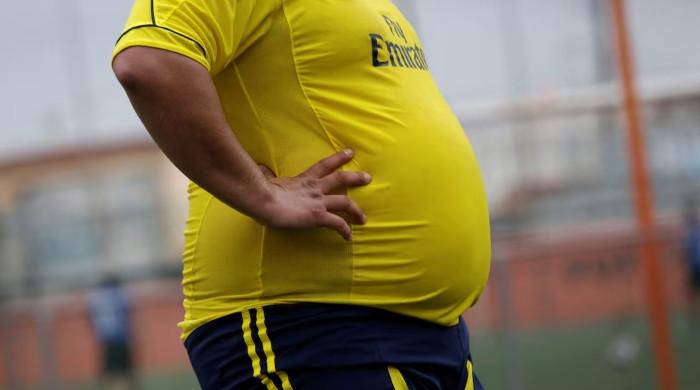If you have these symptoms, you may have colon cancer: study
Aim of researchers was to reveal the early signs of colon cancer which is not diagnosed until it worsens
May 05, 2023

A recent study has highlighted how to spot colon cancer in one’s body, a disease that has been increasingly found in young adults who are not eligible for colonoscopies.
The major symptoms highlighted were bouts of diarrhoea, abdominal pain, rectal bleeding, and iron deficiency.
Mostly, the early symptom of colon cancer is rectal bleeding that most people do not discuss.
Dr. Matthew Kalady, the director of the division of colon and rectal surgery at the Ohio State University Comprehensive Cancer Center said: "It can be difficult or embarrassing to talk about. But the reality is everybody deals with something like this, and it's important to understand what's normal and what's not."
The research was published from Washington University School of Medicine in St Louis, in the Journal of the National Cancer Institute.
The aim of the researchers was to reveal the early signs of colon cancer which is not diagnosed until it worsens.
American Cancer Society has maintained that the proportion of colorectal cancer cases occurring in people under age 55 doubled from 1995 to 2019, from 11% to 20%.
The research revealed that the participants had these symptoms before they were diagnosed with colon cancer.
Experts maintained that colonoscopies are recommended only at or after age 45, meaning people may have symptoms long before they visit a doctor or are diagnosed with colon cancer.
Dr Cassandra Fritz, an author of the study noted: "We kind of brush these things away as patients.”
Fritz, who is also an assistant professor of medicine in the division of gastroenterology at the Washington University School of Medicine, said: Still, these symptoms should alarm you. Go see a doctor to get further evaluation."
Another author of the study, Yin Cao said: The research highlights an alarming problem for young adults and the doctors who take care of them.
“We are sending a very clear message that young adults need to be aware of these symptoms," Cao who is also, an associate professor of surgery in the public health sciences division at Washington University School of Medicine, said in an interview.
There is a concern among experts that people ignore or misdiagnose the symptoms.
Cao said in a statement: "To date, many early-onset colorectal cancers are detected in emergency rooms, and there often are significant diagnostic delays with this cancer."
"What I tell patients is if you have some diarrhoea that resolves quickly, that's probably nothing to worry about. But if you notice that it's lasting for weeks or a month, that might be something to have a conversation about with your primary care doctor,” noted Fritz.











